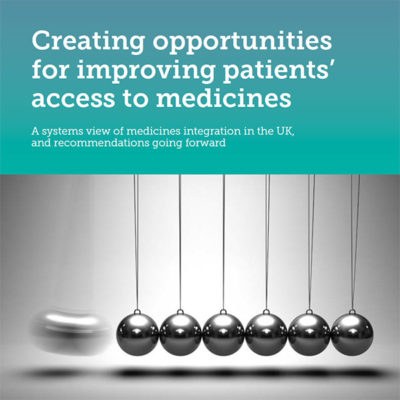Aurora’s Access All Areas Initiative

At Aurora we believe that everyone in the healthcare system with an important role to play in improving access to innovation. All of us can make a difference if we want to, not just for our clients’ benefit, but for society as a whole. As an independent agency, we decided to put our own time and money into having a positive impact.
Access All Areas is part of our commitment to creating opportunities for improved patient access to innovative and life-changing medicines.
We recognised that despite positive health economic assessment, patients don’t necessarily get timely access to the innovative medicines and technologies they need.
Not content with this status quo, Aurora set itself the challenge to collaborate with the wider healthcare system to determine why this problem persists and, most importantly, to identify and drive meaningful steps that can be taken to improve outcomes.
Aurora has made a three-year commitment to Access All Areas, initially with a UK focus. Our intention is to provide constructive dialogue, fresh ideas and useful, practical guidance for all parties striving towards the common goal of improving patients’ access to medicines.
We change things when we act, when we take just one purposeful step forward.
Achievements to date – Inaugural meeting

Access All Areas was launched in in January 2015 and the inaugural ‘collaborators meeting’ took place on 12 May 2015 at the Royal College of General Practitioners. The meeting facilitated open and challenging dialogue, best-practice sharing and exchange of perspectives. It was attended by nearly 100 professionals spanning the pharmaceutical industry, patient groups and consultancies.
Access All Areas Paper

From Aurora’s bespoke research, stakeholder engagement and commentary at the inaugural meeting, we published a paper called Creating opportunities for improving patients’ access to medicines.
Download the full paper and executive summary.
The paper examines the UK challenge of medicines access. Based on insight gathered from stakeholders across the healthcare spectrum, we identified seven key dependencies, which we believe can positively impact the uptake and flow of medicines.
- Leadership by example
- Planning for alignment
- Contextual decision-making
- Real world data
- Collaboration and governance
- Patient involvement
- Best practice sharing
The dependencies described in the paper point to new behaviours and practices to be adopted across the healthcare environment, and by all its stakeholders.
The paper was not intended as an academic exercise. Aurora wanted it to drive real change and this is already happening.
Accelerated Access Review
The Accelerated Access Review (AAR) of Innovative Medicines and Medical Technologies was announced in November 2014 by the UK Minister for Life Sciences and published in 2016. Its aim was to speed up access to innovative drugs, devices, diagnostics and digital products for NHS patients. Access All Areas made contributions in 2015 to the AAR process, both directly and through the ABPI.
Aurora patient involvement service
As a direct result of Access All Areas and masses of experience in this area, Aurora has formalised patient involvement into a core service. We are now increasingly helping clients look at the reality of the patient pathway and experience and build that knowledge into their programmes. Find out more on about our Patient Engagement service.
The initiative continues…
There are numerous further outputs and offerings in development, so watch this space or, even better, give us a call and get involved! We are currently specifying the detail of a new service to support best practice sharing. Thank you to everyone who has collaborated with us on this.
It is clear that the conditions of medicines access in today’s landscape are a consequence of models of organisational behaviour that have developed over decades. They are the result of our collective making, and so must be the new models we take forward. We need to cross boundaries, forge deeper relationships based on our common goals, and collectively work hard to share the principles that can lead to better practice.
We welcome future collaborations with stakeholders, across the healthcare spectrum, to collaborate on the dependencies we have identified. You may have a particular interest in addressing one or more of these dependencies, or just want to be involved more broadly in future activities.



